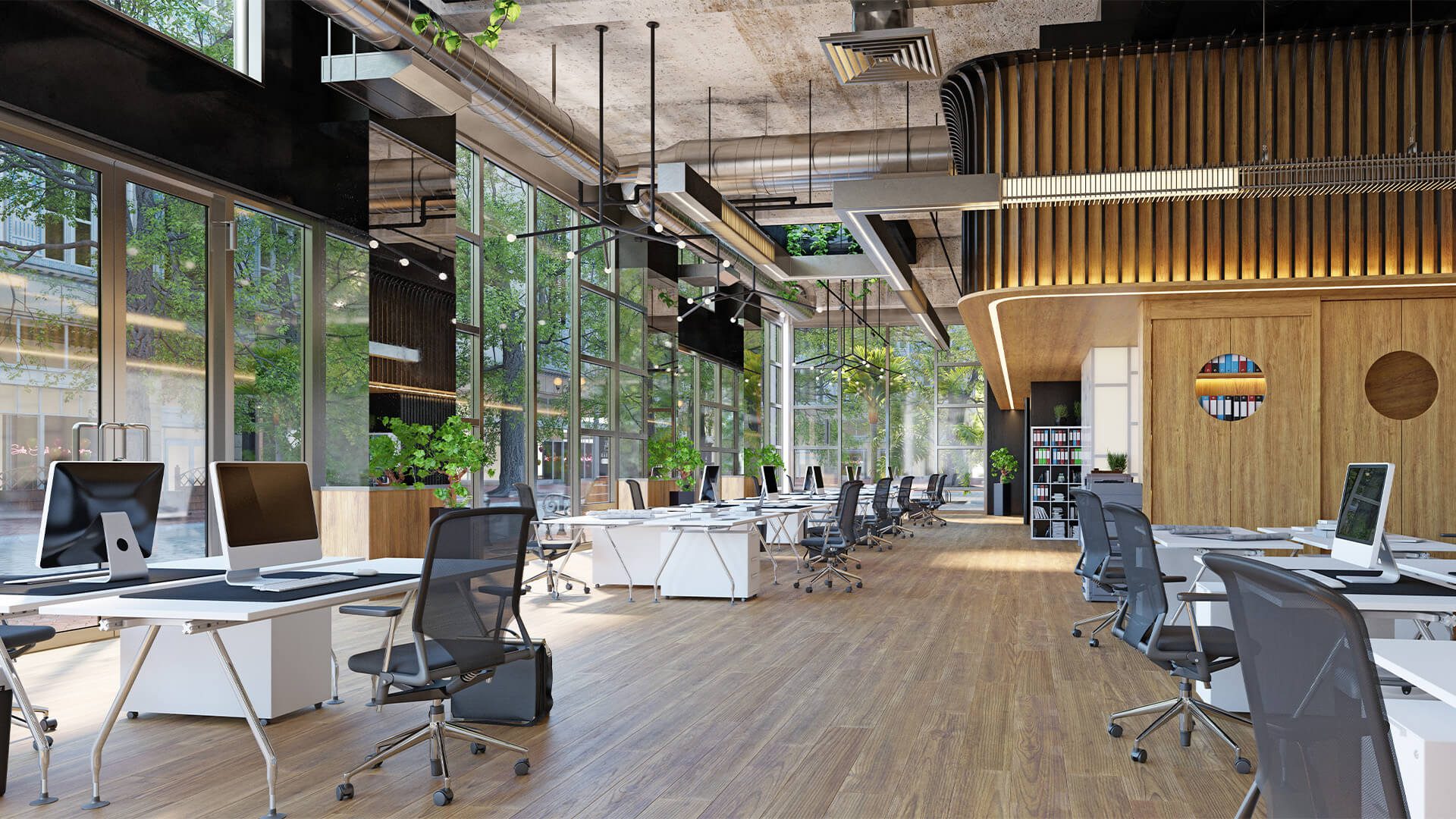Recently, workspaces have undergone dramatic change. Remote work has transformed traditional office setups while increasing coworking space Melbourne demand exponentially. Coworking environments offer more than mere desks. They foster a sense of community among members while offering networking opportunities as well as access to various amenities. And with remote workers becoming an ever-increasing part of society, coworking spaces must adapt rapidly in order to keep pace with this growing movement.
The Changing Workspace Landscape
Technologically, shifting work cultures and the quest for work-life balance have combined to drive remote working practices forward. Coworking spaces are increasingly seen as suitable working environments for remote workers – freelancers to startups to established companies are finding them an excellent resource.
Coworking spaces’ allure lies in their adaptability and versatility. Unlike traditional offices, coworking spaces provide various membership options tailored specifically for remote workers’ varying needs and schedules – part-time membership options include part-time workstations or full-time passes that give remote workers flexibility for choosing when and how long to work each day.
Innovations and Technology in Coworking
Technology plays a central role in shaping the future of coworking spaces. Artificial Intelligence-powered analytics provide crucial insight to coworking operators for understanding member preferences and optimizing offerings, while virtual collaboration tools have become indispensable components of modern coworking environments.
Internet of Things (IoT) devices embedded into smart workspaces enhance member experiences with convenience and customization. IoT devices facilitate smooth access control, smart lighting and temperature regulation resulting in an optimal working environment for members.
Personalized Experiences and Community Building
Coworking spaces offer personalized experiences and foster community building beyond providing desks and chairs, they foster a sense of belonging and inclusion for their members. Their dynamic environment enables networking, knowledge-sharing and possible exciting collaborations; events, workshops and membership engagement programs contribute to cultivating vibrant communities within these spaces and encouraging innovation and creativity.
Coworking spaces offer an environment of diverse professionals that foster cross-industry collaborations, where professionals with varied knowledge come together to share insights. Such collaborative exchange often results in organic partnerships or even the formation of entirely new ventures.
The Role of Coworking Management Software
Coworking management software lies at the core of an enjoyable coworking experience, simplifying operations for coworking space operators by automating key aspects of workspace administration – such as membership registrations and usage tracking; billing; invoicing etc – thus freeing them up from administrative tasks so they can focus on providing exceptional member experiences instead.
Furthermore, remote check-in features and virtual community engagement options ensure an effortless workspace experience for members. Utilizing our user-friendly software interface, remote workers can check into a coworking space from their smartphones easily, making the process seamless and straightforward. Virtual community platforms enable members to collaborate virtually regardless of the physical distance separating them – helping foster creativity among coworkers regardless of location differences.
Future Trends and Predictions
With remote work set to shape the future of workspaces, coworking spaces have taken steps to stay ahead of this shift. Hybrid workspaces that incorporate physical collaboration, as well as virtual communication, have gained prominence and offer flexibility in both remote and face-to-face interactions.
Flex Spaces are also quickly emerging on the horizon, offering flexible workspace solutions tailored specifically for businesses or teams with changing requirements. These spaces can easily transform to fit specific requirements – providing companies with dynamic yet adaptable workspace solutions.
Sustainability and eco-friendly initiatives have also seen an upsurge within coworking spaces as they take an environmentally responsible approach to their operations. By adopting eco-friendly measures, coworking spaces contribute to environmental preservation while drawing in members who value sustainability.
Flexibility and Adaptability
One of the greatest strengths of coworking spaces lies in their adaptability. Offering both short-term membership options as well as dedicated desks on longer lease agreements, coworking spaces are tailored to suit a wide variety of members with different workstyles and goals – providing startups, small businesses and established firms access to flexible workspace solutions tailored specifically for them. This versatility enables professionals to find workspace solutions that best align with their workstyle and goals.
Conclusion
Workspaces have changed irrevocably as remote work has increased, and coworking spaces have emerged as one of the primary options for professionals seeking flexible workspace solutions. Not only are these shared working environments functional yet welcoming environments but they also boast an active community filled with like-minded individuals that make for great companies.
As coworking spaces continue to advance, technology plays an essential role. Coworking management software equips operators to efficiently run their spaces for members’ enjoyment; from AI-powered analytics to virtual collaboration tools – technology enhances the coworking experience fostering creativity and productivity.





























